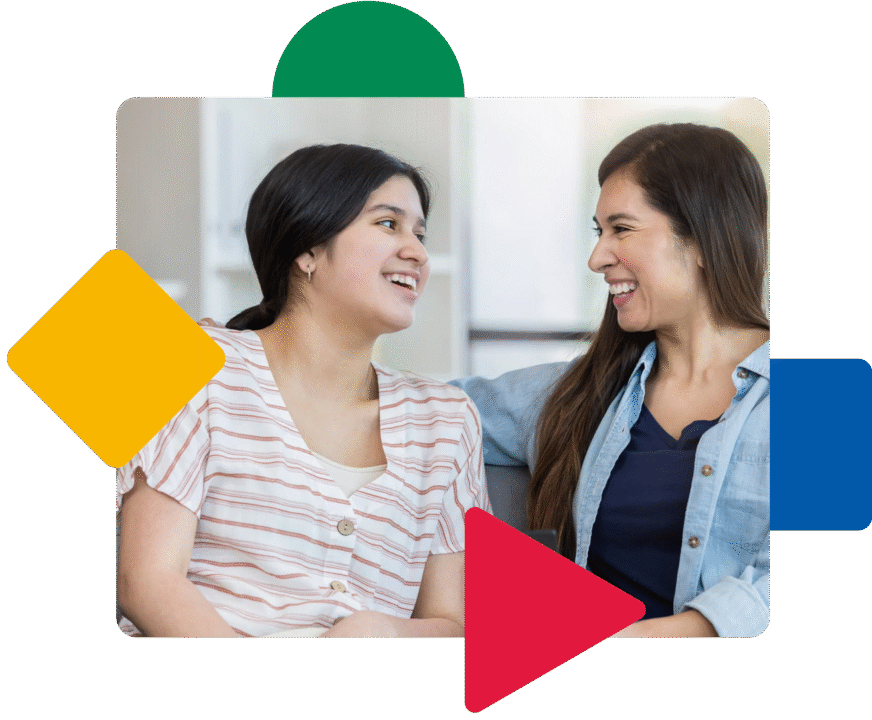Teaching Self-Control: An Essential Skill for Elementary Students
Get free social skills materials
No-prep lessons on self-regulation, emotional recognition, conversation skills, and more.
Sign up hereSelf-control is a critical skill for students to develop, as it helps them succeed both academically and socially. In this blog post, we’ll explore the importance of self-control, present a no-prep activity that educators can use to teach this skill, and provide discussion questions to stimulate further thought. We’ll also mention other related skills that can benefit students and provide next steps for educators looking to incorporate more social-emotional learning into their classrooms.
Introduction
Self-control is the ability to regulate one’s emotions, thoughts, and behaviors in different situations. It involves resisting the urge to act impulsively, such as calling out an answer in class without being called on. By developing self-control, students can better manage their emotions, make more thoughtful decisions, and maintain positive relationships with their peers and educators.
No-Prep Activity: The Freeze Game
A fun and engaging way to teach self-control is through the Freeze Game. This activity requires no preparation or materials and can be easily adapted for elementary students of all ages.
- Have students stand in a circle or spread out in the classroom.
- Explain that when you say “Go,” students should start moving around the room, dancing, or performing a specific action (e.g., jumping, clapping, or spinning).
- When you say “Freeze,” students must immediately stop and hold their position.
- Continue the game by alternating between “Go” and “Freeze” commands, varying the length of time between commands to keep students engaged and focused.
- After playing the game, discuss how it relates to self-control and the importance of being able to stop and start behaviors as needed.
Discussion Questions
- How did it feel to stop and start your movements during the Freeze Game? Was it difficult or easy to control your actions?
- Can you think of a time when you had to use self-control in the classroom or with your friends? How did it help you in that situation?
- Why is it important to have self-control when interacting with others? How can it affect our relationships and communication?
- What are some strategies you can use to improve your self-control in different situations?
- How can practicing self-control help you become a better student and friend?
Related Skills
Teaching self-control is just one aspect of social-emotional learning. Other related skills that can benefit elementary students include:
- Empathy: Understanding and sharing the feelings of others.
- Active listening: Paying full attention to the speaker, asking questions, and providing feedback.
- Problem-solving: Identifying and resolving conflicts or challenges in a constructive manner.
- Resilience: Bouncing back from setbacks and maintaining a positive attitude.
- Cooperation: Working together with others to achieve a common goal.
Next Steps
If you’re interested in incorporating more social-emotional learning into your classroom, we encourage you to explore the free sample materials available at Everyday Speech. These resources can help you teach essential skills like self-control, empathy, and active listening, setting your students up for success both in and out of the classroom.

